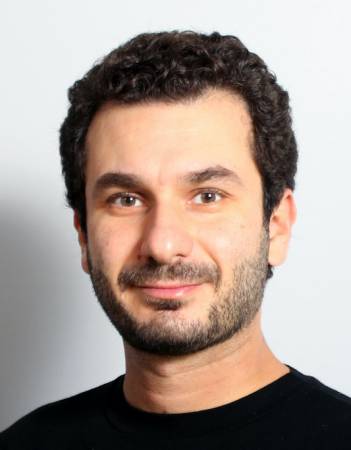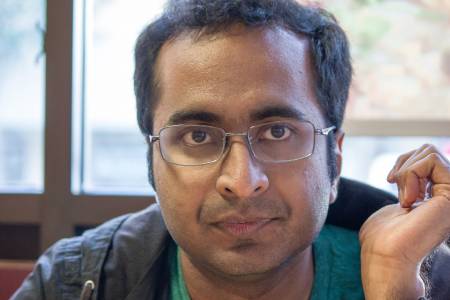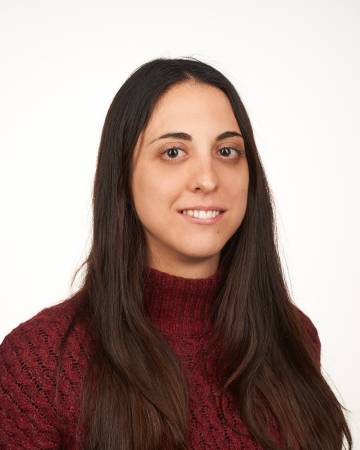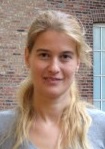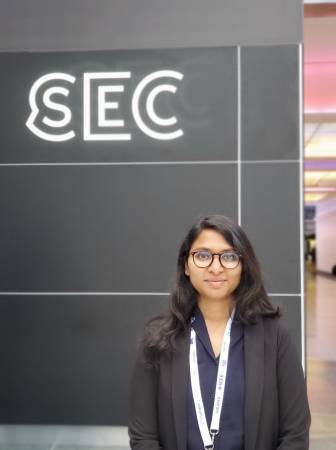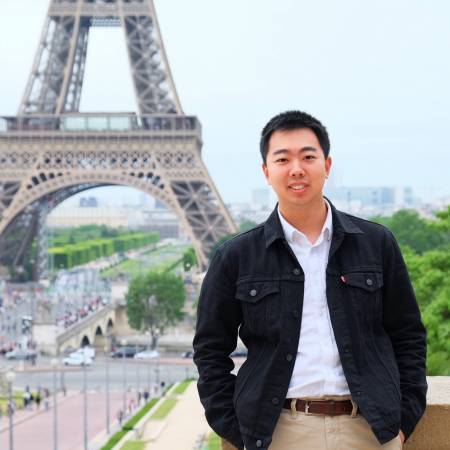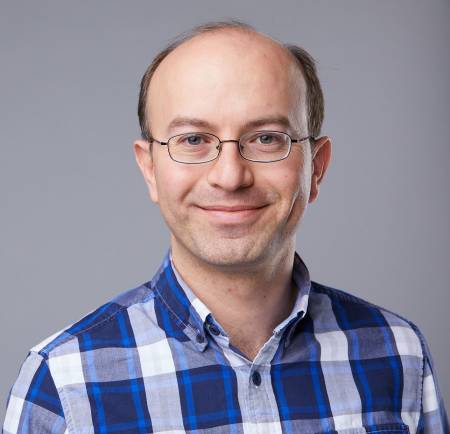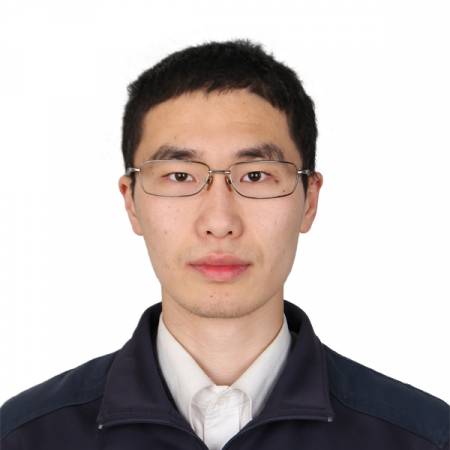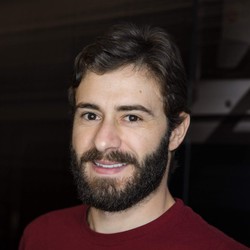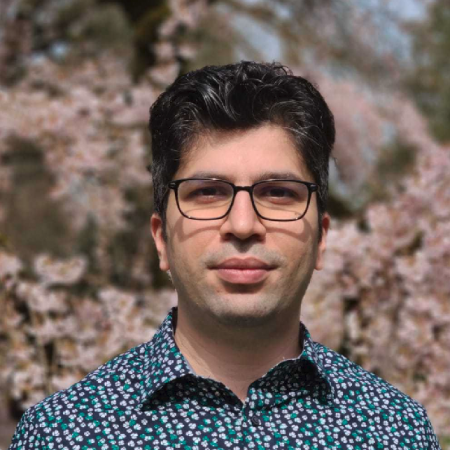VASC Seminar
Self-supervised Learning and Generalization
Abstract: Contrastive self-supervised learning is a highly effective way of learning representations that are useful for, i.e. generalise, to a wide range of downstream vision tasks and datasets. In the first part of the talk, I will present MoCHi, our recently published contrastive self-supervised learning approach (NeurIPS 2020) that is able to learn transferable representations [...]
Learning to see from few labels
Abstract: Computer vision systems today exhibit a rich and accurate understanding of the visual world, but increasingly rely on learning on large labeled datasets to do so. This reliance on large labeled datasets is a problem especially when one considers difficult perception tasks, or novel domains where annotations might require effort or expertise. We thus [...]
Seeing the unseen: inferring unobserved information from multi-modal data
Abstract: As humans we can never fully observe the world around us and yet we are able to build remarkably useful models of it from our limited sensory data. Machine learning problems are often required to operate in a similar setup, that is the one of inferring unobserved information from the observed one. Partial observations [...]
Towards AI for 3D Content Creation
Abstract: 3D content is key in several domains such as architecture, film, gaming, and robotics. However, creating 3D content can be very time consuming -- the artists need to sculpt high quality 3d assets, compose them into large worlds, and bring these worlds to life by writing behaviour models that "drives" the characters around in [...]
Understanding the Placenta: Towards an Objective Pregnancy Screening
Abstract: My research focusses on the development of a pregnancy screening tool, that will be: (i) system and user-independent; and (ii) provides a quantifi able measure of placental health. With this end, I am working towards the design of a multiparametric quantitative ultrasound (QUS) based placental tissue characterization method. The method would potentially identify the [...]
Relational Reasoning for Multi-Agent Systems
Abstract: Multi-agent interacting systems are prevalent in the world, from purely physical systems to complicated social dynamics systems. The interactions between entities / components can give rise to very complex behavior patterns at the level of both individuals and the whole system. In many real-world multi-agent interacting systems (e.g., traffic participants, mobile robots, sports players), [...]
Self-supervised learning for visual recognition
Abstract: We are interested in learning visual representations that are discriminative for semantic image understanding tasks such as object classification, detection, and segmentation in images/videos. A common approach to obtain such features is to use supervised learning. However, this requires manual annotation of images, which is costly, ambiguous, and prone to errors. In contrast, self-supervised [...]
Reasoning over Text in Images for VQA and Captioning
Abstract: Text in images carries essential information for multimodal reasoning, such as VQA or image captioning. To enable machines to perceive and understand scene text and reason jointly with other modalities, 1) we collect the TextCaps dataset, which requires models to read and reason over text and visual content in the image to generate image [...]
Point Cloud Registration with or without Learning
Abstract: I will be presenting two of our recent works on 3D point cloud registration: A scene flow method for non-rigid registration: I will discuss our current method to recover scene flow from point clouds. Scene flow is the three-dimensional (3D) motion field of a scene, and it provides information about the spatial arrangement [...]
Propelling Robot Manipulation of Unknown Objects using Learned Object Centric Models
Abstract: There is a growing interest in using data-driven methods to scale up manipulation capabilities of robots for handling a large variety of objects. Many of these methods are oblivious to the notion of objects and they learn monolithic policies from the whole scene in image space. As a result, they don’t generalize well to [...]
